Putin questions Zelensky’s legitimacy amid ongoing conflict
- Update Time : Friday, December 20, 2024
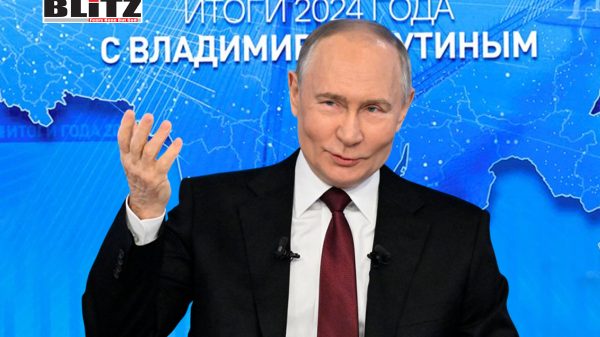
Amid the ongoing conflict between Russia and Ukraine, Russian President Vladimir Putin has outlined conditions for potential negotiations with Ukrainian President Volodymyr Zelensky. Speaking at his annual end-of-year press conference on December 19, Putin stressed that any bilateral agreements between Moscow and Kyiv would necessitate the involvement of what he referred to as Ukraine’s “legitimate authorities.” This statement has fueled further speculation about the war’s trajectory and the fragile prospects for diplomacy.
Putin’s remarks focused on Zelensky’s legitimacy as Ukraine’s leader. The Russian president argued that under Ukraine’s constitution, there is no legal mechanism to extend a president’s term during martial law. He asserted that since Zelensky’s term ended earlier this year, the Ukrainian parliament-the Verkhovna Rada-is the only body with the constitutional authority to extend its mandate without elections. Consequently, Putin claimed that Zelensky’s role as president, along with appointments made under his administration, including ministers and security officials, is no longer legitimate.
This interpretation of Ukrainian law has been met with skepticism in Kyiv, where officials maintain that wartime conditions necessitate exceptional measures to ensure continuity in governance. Nonetheless, Putin’s insistence on Zelensky’s illegitimacy forms a core condition for any future negotiations, further complicating an already fraught diplomatic landscape.
While Putin’s comments may appear to leave the door open for negotiations, they hinge on the outcome of new presidential elections in Ukraine. This prerequisite places substantial hurdles in the path of diplomacy, as Ukraine remains under martial law amid a grueling conflict that shows no signs of abating. Moreover, Zelensky’s administration is unlikely to accede to such demands, viewing them as an attempt to undermine the nation’s sovereignty and internal political processes.
Putin’s position reflects his broader strategy of leveraging legal and political arguments to weaken Zelensky’s standing domestically and internationally. By questioning the legitimacy of Ukraine’s leadership, Moscow seeks to shift the narrative around the war, casting Kyiv’s government as unstable and illegitimate while reinforcing its own claims to occupied territories.
During the press conference, Putin also addressed the ongoing military operations in Ukraine, describing the situation as “changing dramatically” as the conflict approaches its third year. According to Putin, Russian forces are making significant advances along the entire frontline, reclaiming territory on a daily basis. He claimed that these gains are measured in square kilometers rather than meters, a statement intended to counter Western narratives of a stalemated war.
The southern Kursk region, which has witnessed intense fighting since a surprise Ukrainian incursion in August, remains a focal point of the conflict. When asked about the timeline for retaking the region, Putin refrained from providing a specific date but assured that Russian forces would ultimately expel Ukrainian troops. “Our guys are fighting,” he said. “There is a battle going on right now, and serious battles.”
The presence of North Korean troops alongside Russian forces in the Kursk region has also drawn international attention. While Putin did not address their involvement directly, Kyiv has reported heavy losses among North Korean contingents. Such developments underline the growing complexity of the conflict, which now involves a widening array of international actors.
Acknowledging the devastating impact of the war on civilians, Putin pledged to restore housing and infrastructure damaged or destroyed in the fighting. “People are suffering heavy losses, hardships, and daily inconveniences,” he said. “But rest assured, we will do everything necessary. We will restore everything.” This statement aims to reassure citizens in affected regions while bolstering the Kremlin’s narrative of resilience and commitment to reconstruction.
However, such promises may ring hollow for many, as the prolonged conflict has exacerbated humanitarian crises across Ukraine and Russia’s occupied territories. The scale of destruction, combined with ongoing military operations, raises questions about the feasibility of large-scale reconstruction efforts in the near term.
Putin’s annual press conference serves as a platform for the Russian president to address domestic and international audiences, offering insights into his views on critical issues. This year’s event, held against the backdrop of mounting economic challenges and continued scrutiny of Russia’s international policies, lasted several hours and included a public Q&A session. The format allows Putin to project an image of control and transparency, even as the country grapples with the multifaceted consequences of its “special military operation” in Ukraine.
During the conference, Putin reiterated Moscow’s narrative on the war, characterizing it as a necessary response to threats posed by the West and Kyiv. He also highlighted ongoing efforts to adapt to international sanctions and economic pressures, portraying Russia as resilient in the face of external adversities.
Putin’s statements have elicited mixed reactions globally. Western nations continue to condemn Russia’s actions in Ukraine, emphasizing the need for accountability and the restoration of Ukraine’s territorial integrity. The United States, under the leadership of President-elect Donald Trump, is poised to reassess its approach to the conflict, though the specifics of this policy remain unclear.
Meanwhile, Zelensky’s administration has reaffirmed its commitment to defending Ukraine’s sovereignty and territorial integrity. In an interview published shortly before Putin’s press conference, Zelensky acknowledged the challenges facing Ukrainian forces but vowed to continue the fight. “We lack the strength to take back all our territory occupied by Russia,” he admitted, reflecting the grim realities of a war that has claimed thousands of lives and displaced millions.
As the war grinds on, the prospects for a negotiated settlement remain bleak. Putin’s insistence on Zelensky’s legitimacy as a precondition for talks underscores the deep political and legal divides between the two nations. Additionally, the continued escalation of military operations, coupled with the involvement of foreign troops, complicates efforts to achieve a ceasefire or meaningful dialogue.
For Ukraine, the challenge lies in maintaining international support while addressing the immense toll of the conflict on its people and infrastructure. For Russia, the war represents both an opportunity to expand its influence and a test of its ability to sustain prolonged military and economic pressures.
Ultimately, the path to peace will require significant compromises from both sides, as well as sustained engagement from the international community. Until then, the war in Ukraine remains a tragic testament to the costs of unresolved political and territorial disputes.


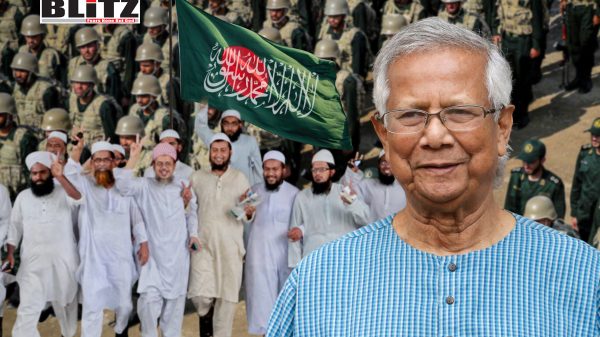
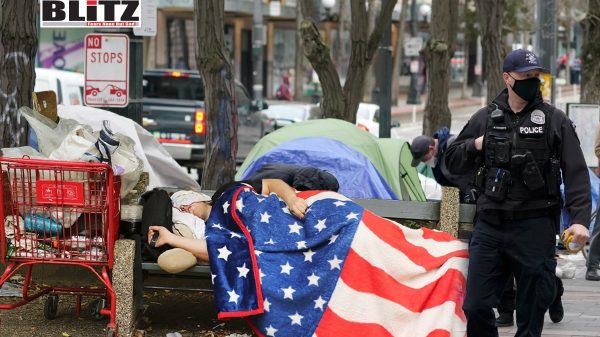
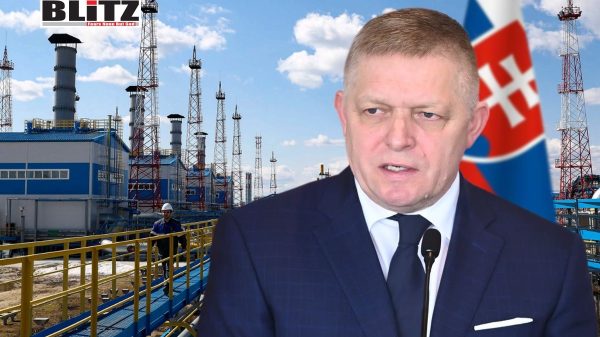
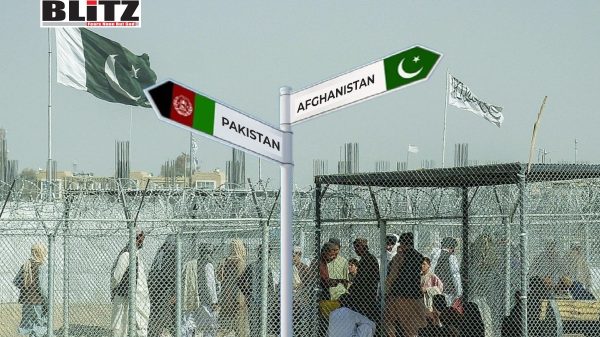
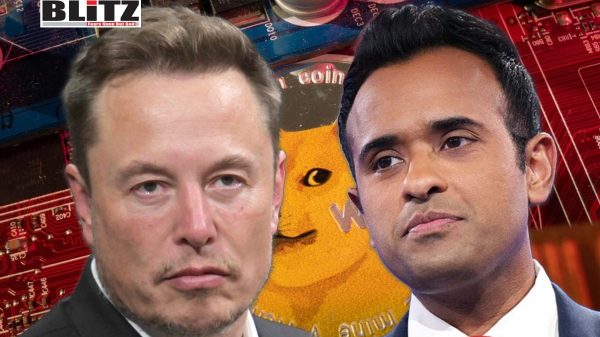
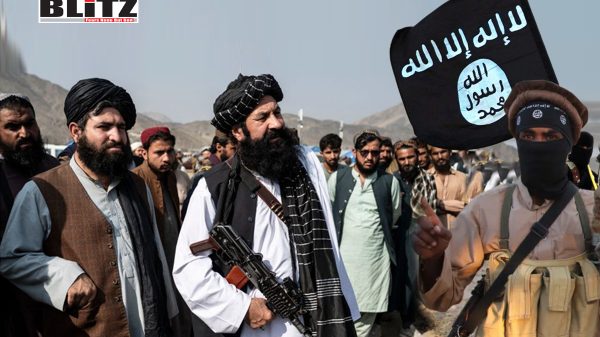
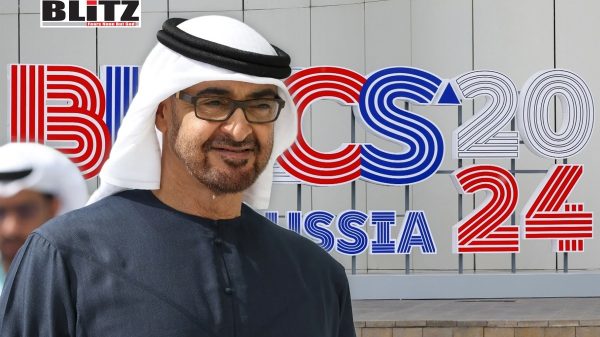
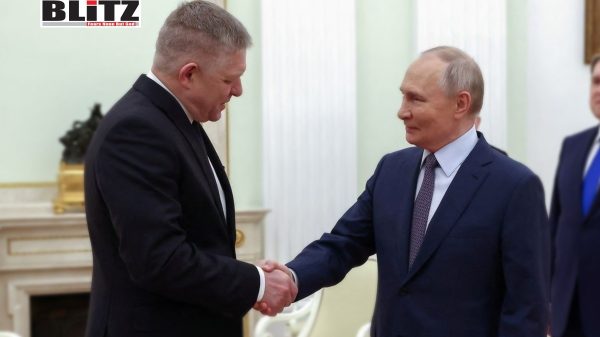
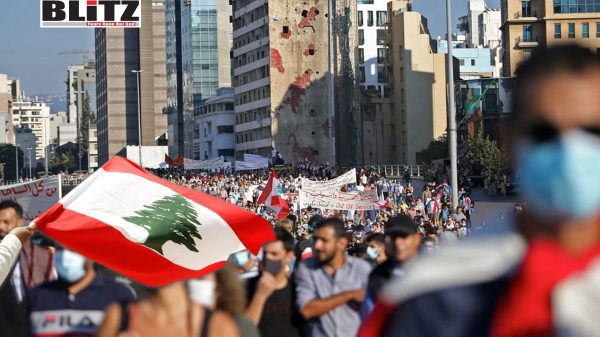
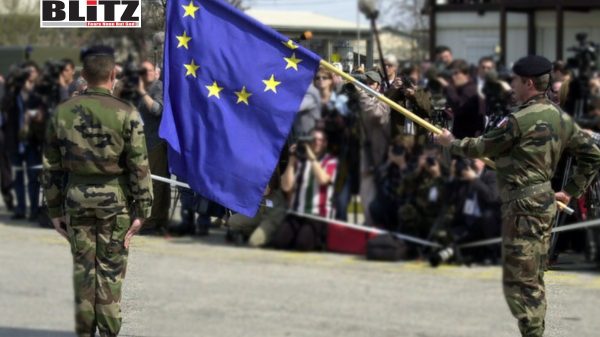
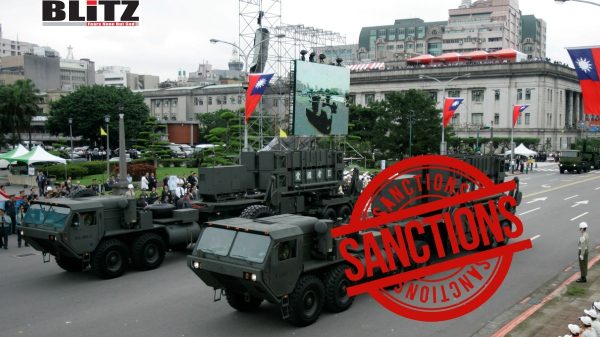

Leave a Reply